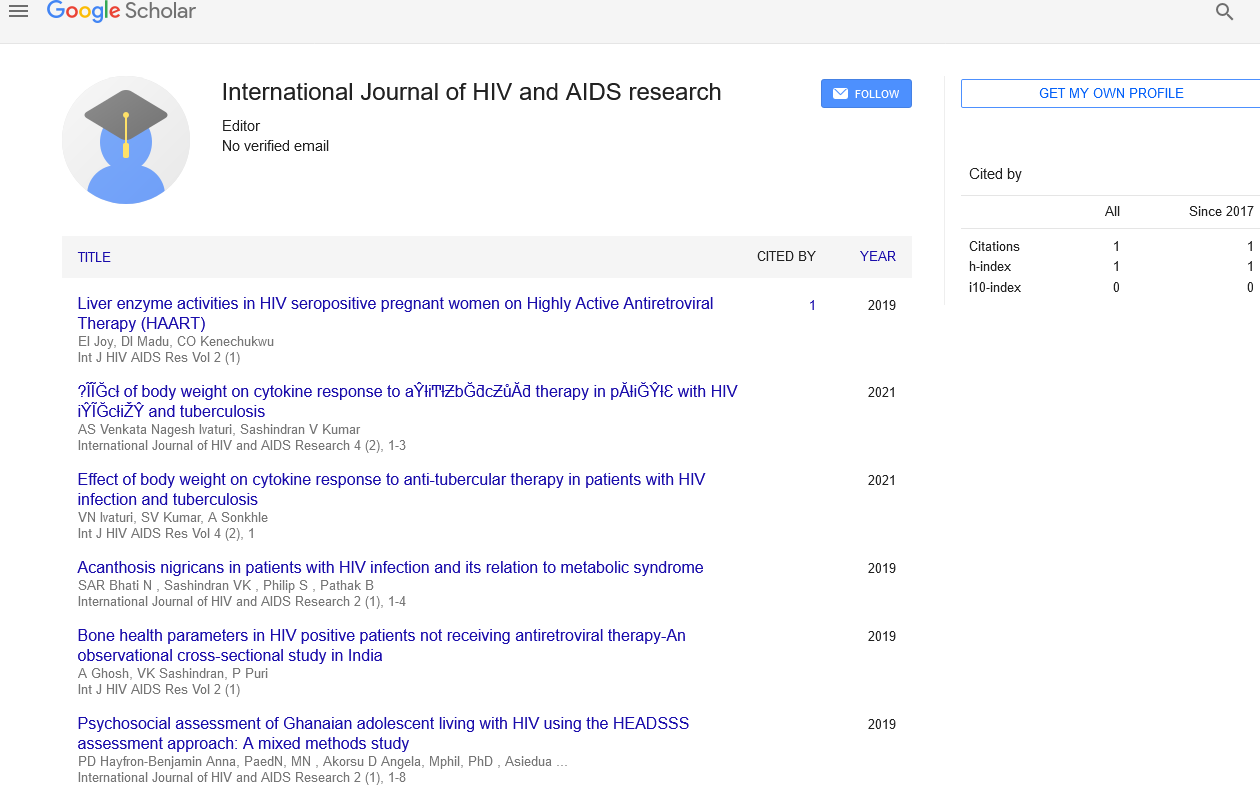an assessment of the ph of carbonated water beverages and implications for dental erosion
Received: 02-Jan-2022 Accepted Date: Jan 15, 2022; Published: 31-Jan-2022, DOI: 10.37532/pulafsj.22.4(5).06
Citation: Jacobs N (2021) An assessment of the ph of carbonated water beverages and implications for dental erosion. Appl Food Sci J. 6(1)
This open-access article is distributed under the terms of the Creative Commons Attribution Non-Commercial License (CC BY-NC) (http://creativecommons.org/licenses/by-nc/4.0/), which permits reuse, distribution and reproduction of the article, provided that the original work is properly cited and the reuse is restricted to noncommercial purposes. For commercial reuse, contact reprints@pulsus.com
Editorial
Please find our research article entitled “an assessment of the ph of carbonated water beverages and implications for dental erosion” for consideration for publication in applied food science journal. Carbonated water is quickly becoming one of the most popular beverages consumed in the United States. Research has suggested that dental erosion can occur following the consumption of beverages with a pH below 3.0. In 2016, Reddy et al. evaluated the pH of nearly 400 commercially available beverages and categorized their potential to induce dental erosion. Despite only including two unsweetened carbonated water beverages in their analysis, both of which were determined to be“minimally erosive,” news media continues to cite to this study as evidence that the consumption of carbonated water may result in dental erosion (for example: “Is Carbonated Water Just as Healthy as Still Water?” published in the New York Times on September 19, 2021).
Through our research, we sought to expand upon the sampling performed by Reddy et al. to more appropriately characterize the pH of carbonated water and the implications for dental erosion and potential risk to consumers. Building upon the methodology utilized by Reddy et al., we measured the pH of 28 carbonated water beverages, and additionally explored the potential impact of added flavors (including citrus-based), whether the carbonation is naturally occurring or artificial, the temperature of the beverage, and the duration of time the beverage has had to off gas.
Our findings suggest that the least erosive carbonated water beverage is cold, plain, naturally sparkling water exposed to air for 30 minutes after opening. Further, we found that carbonated water is generally less erosive than the flavored waters, sports drinks, juices, fruit drinks, sodas, energy drinks, and teas analyzed by Reddy et al.
This research article is authored by myself with Kathy Chan and Scott Dotson. All authors have read this manuscript, agree that this work is ready for submission, and accept responsibility for the manuscript’s contents. This is original work, has not been previously published in whole or in part, and is not under consideration for publication elsewhere.
All authors have disclosed actual and potential conflicts regarding this manuscript and the nature of these conflicts. Cardno chem risk is a consulting firm that provides scientific advice to the government, corporations, law firms, and various scientific/professional organizations. All funding for this study was provided by Cardno ChemRisk and this work is unrelated to any current or former consulting projects. Neither Cardno Chem Risk nor the authors of this study received direct or indirect compensation or consideration from organizations or product manufacturers mentioned in this manuscript.
Thank you for your time and consideration and we hope that you and the reviewers find our work suitable for publication in applied food science Journal.





